
Will New York’s coronavirus app help stop the outbreak?
There’s been talk of contact tracing apps for COVID-19 since the virus started spreading. The U.S. hasn’t seen many implementations of such technology, though other countries such as Germany have been using contact tracing apps.
Recently Governor Andrew Cuomo took part in a press conference where he announced a contact tracing app for the states of New York, New Jersey, Connecticut, Pennsylvania, and Delaware. Though there are questions about whether this app will help, and whether or not it’s a privacy violation. Here’s what we know.

How the app works
The app is intended to notify users if they’ve been within six feet of someone with COVID-19 as well as if they spent more than 10 minutes with someone who has tested positive. The app is available for both Android and Apple phones.
When someone tests positive for COVID-19, the Department of Health will contact that person and provide them with a password to input into the app. Then, whenever someone is near that phone, they’ll be notified of their proximity to someone who has tested positive for the virus.
The app apparently cost around $700,000 to develop, using both federal and philanthropic money. The donated money came from an organization bankrolled by Michael Bloomberg.
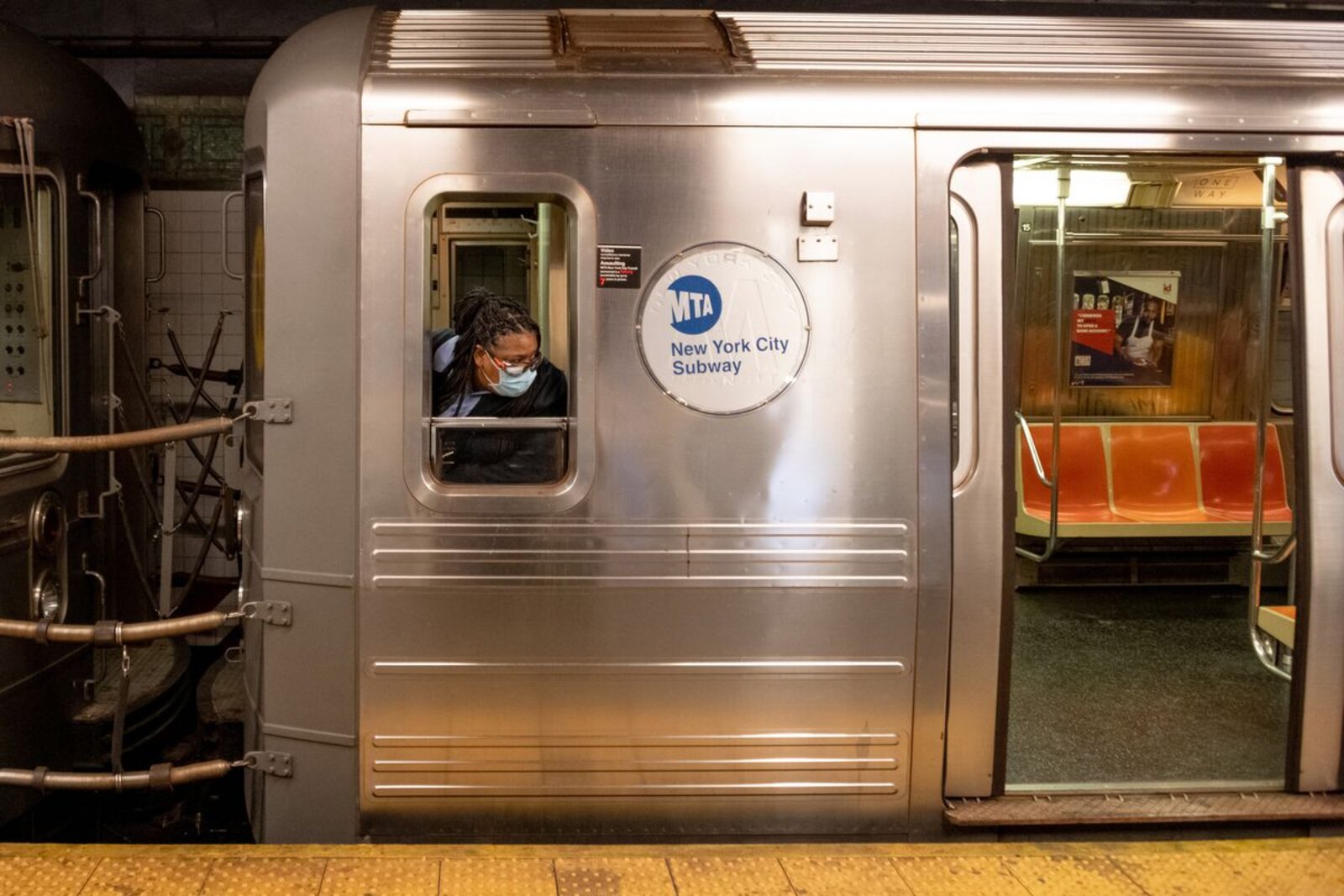
Will it be effective?
The first question the use of this contact tracing app raises is exactly how effective the implementation of this app will be. Will it actually help to prevent the spread of COVID-19? Or will it create a sense of false security?
Not to mention, nobody who has tested positive should be out & about – the real concern is those who have not yet been tested & are asymptomatic. The app doesn’t address this, and there’s likely no way to do so.
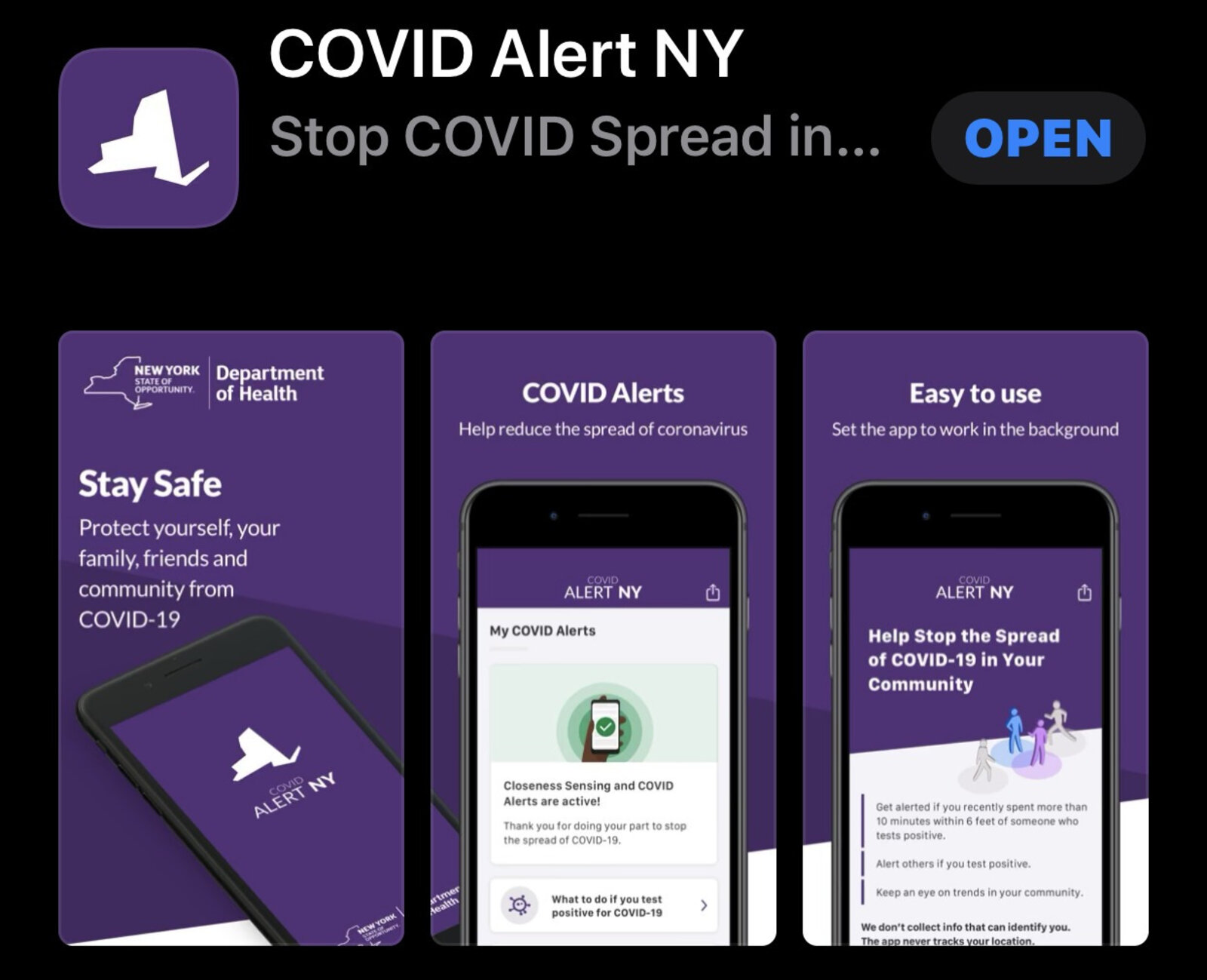
Participation required
The first issue happens right off the bat – the Department of Health calls you, gives you the password, and then you put it in. However, what if someone just doesn’t participate? Whether by choice – they actively decide not to download the app and input the password, or they just write it down and happen to forget.
If either of these scenarios occur, people could very likely come into contact with an infected person. Because their app wouldn’t go off, they’ll think they’re in the clear & could potentially become overly confident they couldn’t have been exposed.

Phone dependent
Another issue arises with the fact this method of contact tracing is phone dependent. If someone forgets their phone at home, then we have the same issue with people not being notified of close proximity to someone who is COVID-19 positive as you would if someone actively chose not to participate in the use of the app.
This also means someone who doesn’t want to participate could actively choose not to bring their phone with them if they’ve changed their mind about participation after putting the password in.
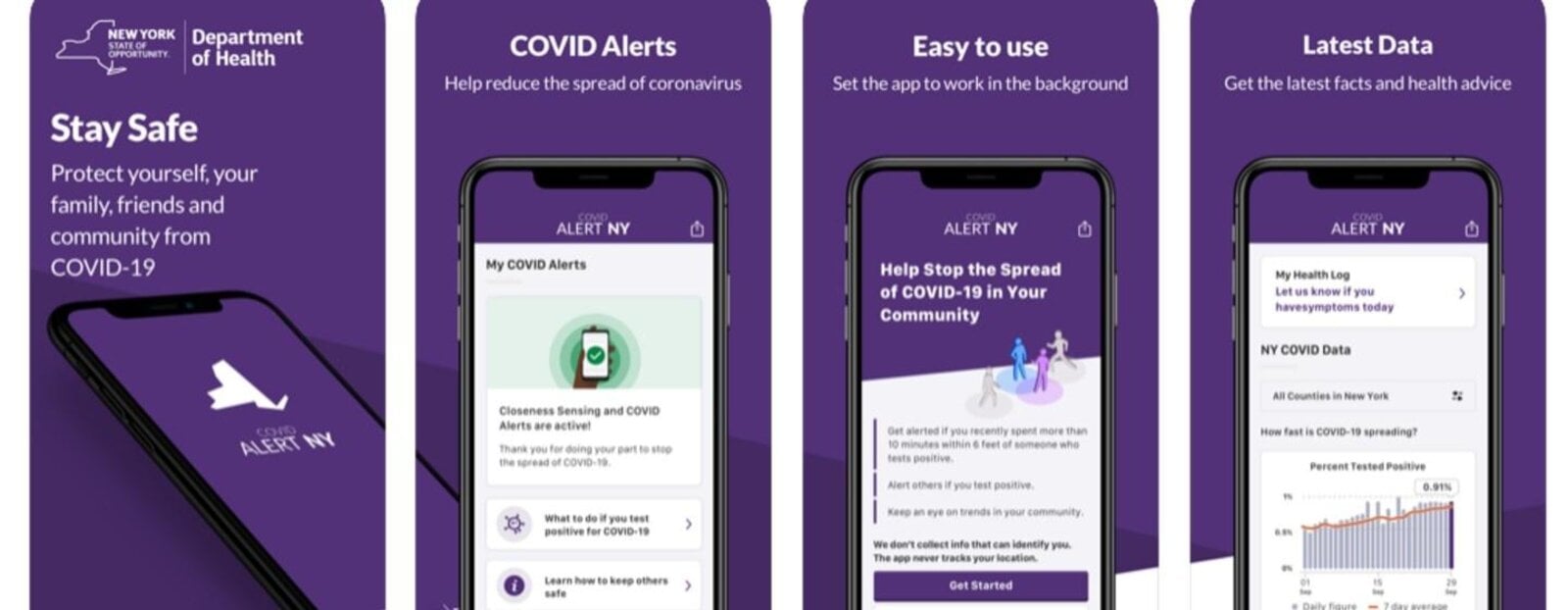
How long do people get notified?
Another question worth asking is whether or not you get a new password once you’re no longer COVID-19 positive. If people continue to get notified about being near you once you’ve recovered this could cause fear or stress for people unnecessarily if they were in close proximity to you.
This could also eventually lead to people not taking the notifications seriously if they begin to realize they’re getting notifications about anyone & everyone who had COVID-19 – whether they’re healthy now or not. If you realize you got notified about being near your friend who had COVID-19 a long time ago & they’ve been healthy for months, odds are the notifications aren’t likely to mean as much to you.
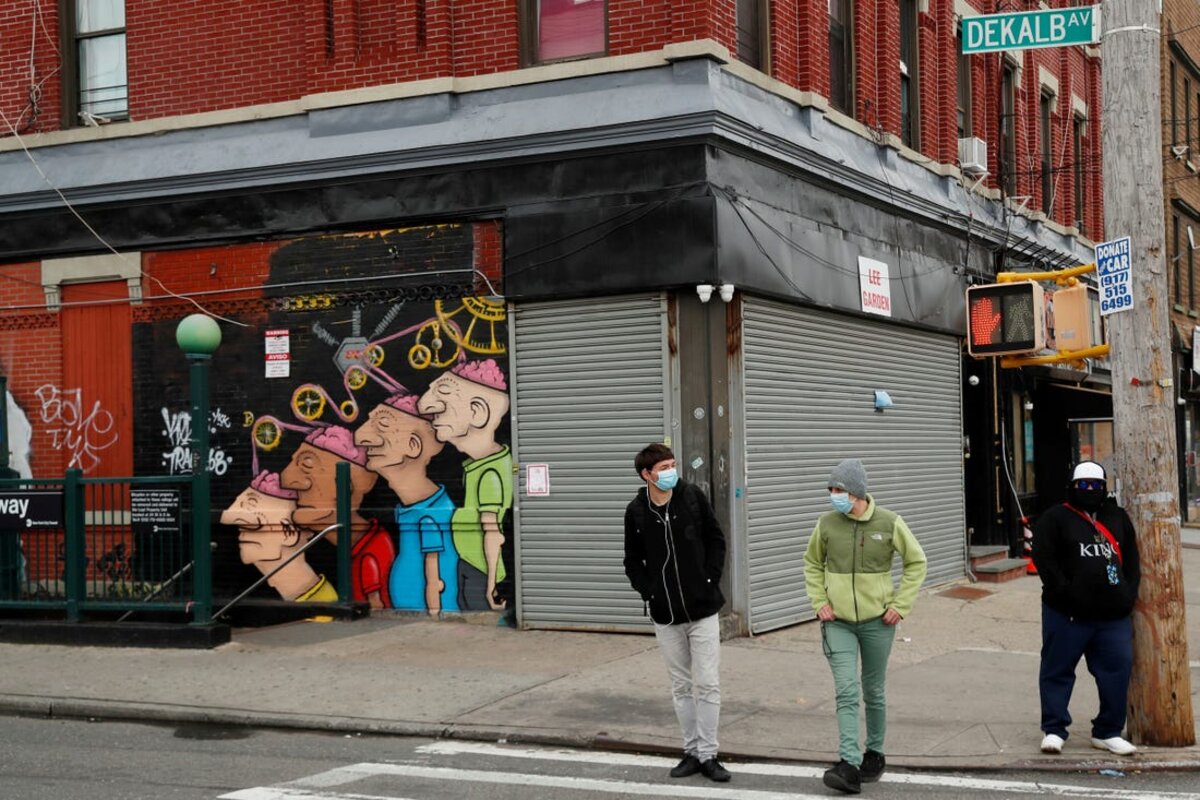
Is this a cause for security concerns?
The app’s creators claim the app “does not track your location, your movement, or use GPS” nor does it “collect or store any personal information”. However, this claim is extremely hard to believe when even the notes app asks for every tiny kilobyte of information available on your phone.
Instead, they assure people the app solely uses Bluetooth in order to detect nearby devices – specifically phones – that also have the application.

Creators of the app
The companies that helped to create this contact tracing app include Google, Apple, and the Linux Foundation. This list won’t exactly help encourage user trust when Google & Apple are notorious for gathering as much data about individual users as they’re physically capable of doing – and then using it to their advantage.
We live in a world where, these days, every piece of information provided to us seems to have a tenuous relationship with accuracy at best. People are increasingly skeptical of the information we’re provided & it isn’t unusual to have those concerns proven valid. So, while we’re assured none of our data is being utilized it can feel hard to believe, which could lead to people potentially choosing not to partake in usage of the application altogether.
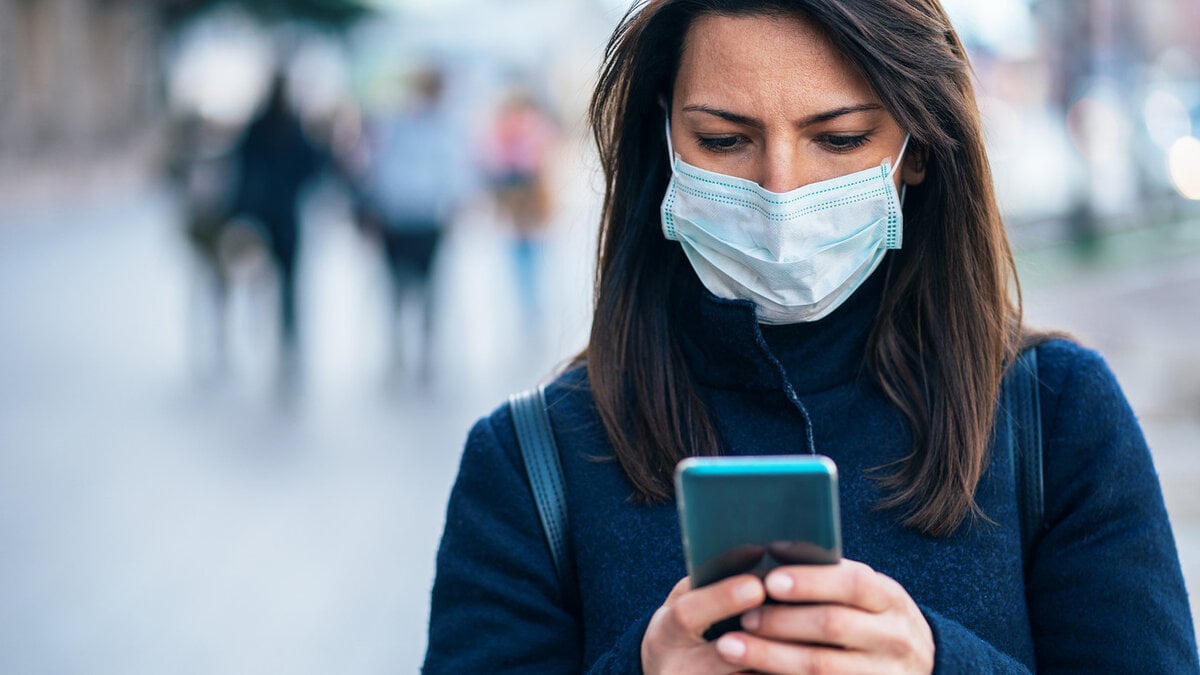
Timing of notifications
Again, the public was assured the application is “completely anonymous”. However, if you’re immediately notified about exposure the moment your phone’s Bluetooth detects a COVID-19 patient’s phone, it could potentially out that person. If you’re in a convenience store with no other customers – just you & the clerk and your phone goes off, it’s pretty safe to say you know who the phone detected.
This or any variation of a similar situation could potentially put people in danger. When people are scared – COVID-19 has created a lot of fear – they can act out aggressively. It seems entirely possible that someone could become angry at someone who isn’t quarantining & initiate physical violence. We’ve already seen instances of this occur in the news when someone spots people who aren’t social distancing – even if they aren’t sick.

Password problems
If every user who tests positive receives an individualized password, that would imply it’s somehow tied to them – whether it’s their medical files or something else. Conversely, if everyone who tests positive receives the same password this could potentially lead to people sharing it & having a mass number of people falsely identify themselves as COVID-19 positive as a “prank”. Again, we’ve seen behavior like this before in the news.

Conclusion
While there’s serious potential in a contact tracing app, such as the one being implemented, there are a lot of reasons to ask questions too. It’s being said that the app will see the most success if 60% or more of people in the states utilizing it participate. However, that seems like an optimistic number when you consider how difficult it’s been to convince people to use masks.







